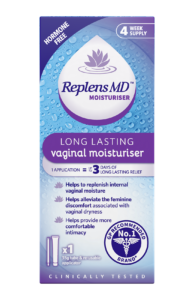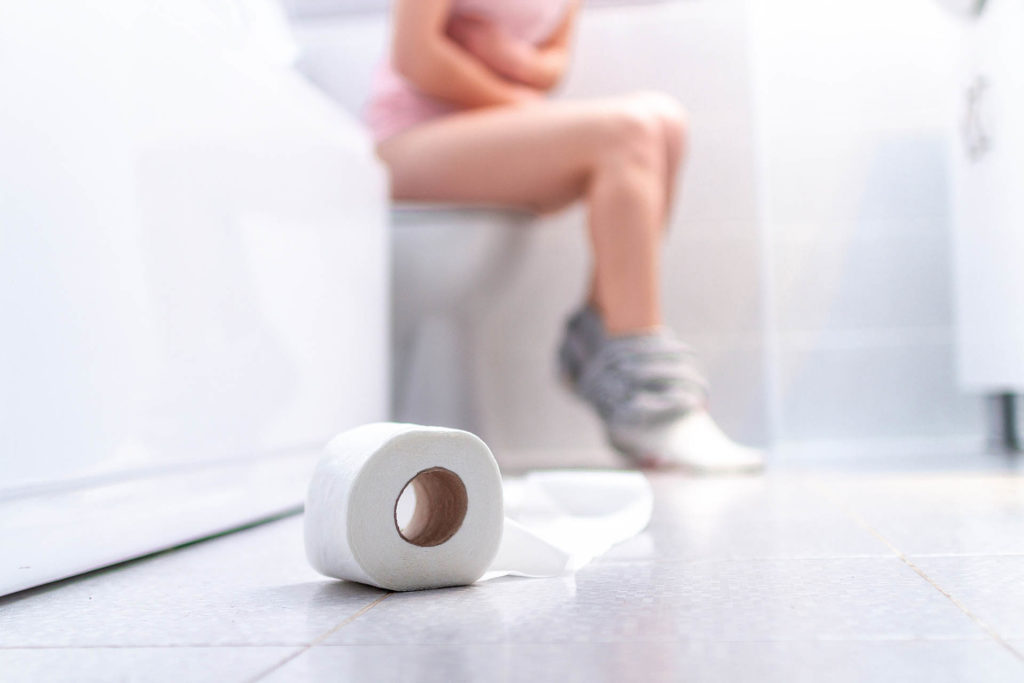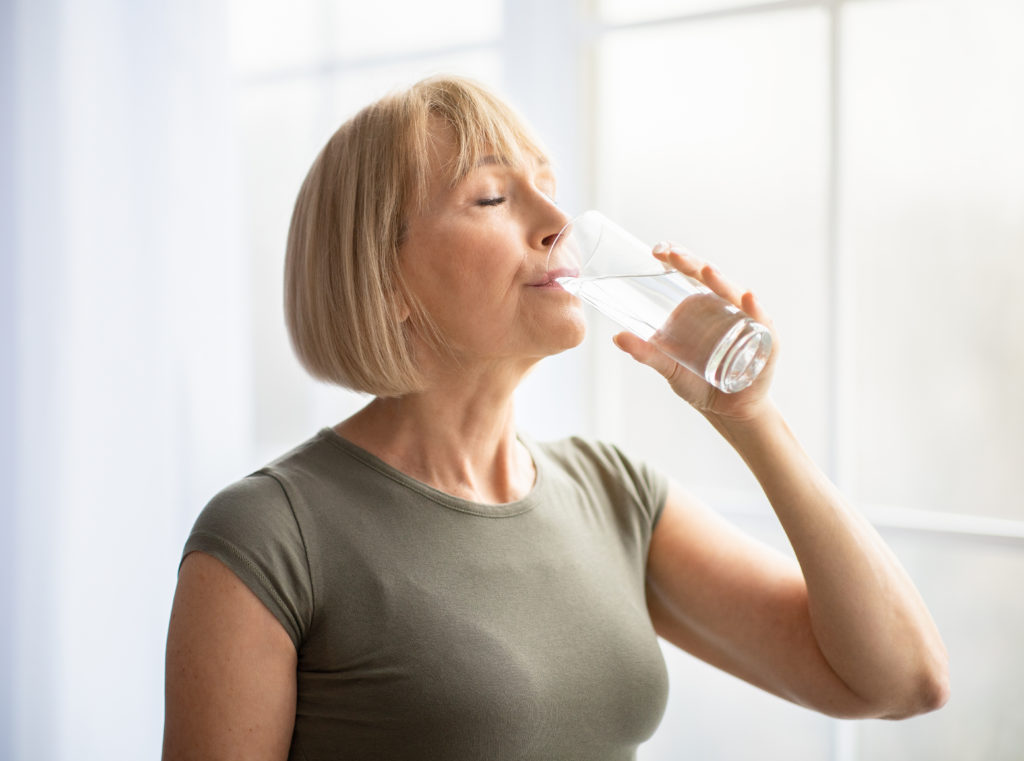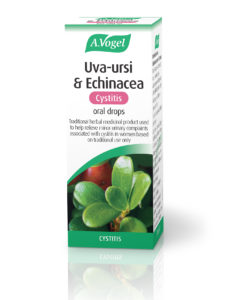You Don’t Have To Live With The Discomfort Of Vaginal Dryness

Gynaecologist at The Lister Hospital, Ms Tania Adib talks to us about this rarely discussed topic . . .
Why is my vagina dry?
Decreasing oestrogen during menopause means a decrease in blood circulation; the vaginal walls get thinner and less elastic and natural lubrication stops. The vagina can start to become dry in the years leading up to the menopause. Taking the oral contraceptive pill can also cause dryness.
Does a dry vagina matter?
Yes. Physical and psychological symptoms can result from experiencing vaginal dryness that can affect your health and mental wellbeing.
Painful Sex
The reduction in elasticity, dryness and protective mucus present in the vagina can give rise to pain during sex, and sometimes a little bleeding is experienced after intercourse if the fragile vaginal wall tears. These symptoms can cause anxiety and difficulty for women to engage in intercourse, placing strain on an otherwise loving relationship.
Cervical smear discomfort
The thinning vaginal wall and dryness can make it uncomfortable to have a cervical smear, and bleeding may be caused. Smear tests are advised up to the age of 64 years. The smear tests for human papilloma virus (HPV) which causes cervical cancer. It is important that vaginal discomfort doesn’t dissuade women from continuing to attend these tests, especially if they are sexually active.
Dryness, itchiness or soreness
The reduction in mucus can alter the acidity in the vagina, leading to an imbalance in friendly bacteria, which can cause problems such as recurring bouts of cystitis.
Exercise
Vaginal dryness can make it painful and sore for some women to exercise. This is detrimental on many levels as it is important to maintain healthy exercise, especially during menopause when women can become prone to osteoporosis and cardiovascular disease.
How can I resolve vaginal dryness?
Support with Oestrogen
Local oestrogen can be administered into the vagina in the form of a pessary, ring or cream. The transfer of oestrogen from the vaginal tissues systemically into the bloodstream is negligible, and the impact of the hormone is only delivered locally to tissues such as the vagina, bladder and urethra. This form of HRT which can be extremely beneficial not only for symptoms of vaginal dryness and discomfort, but also for bladder problems such as recurrent cystitis, and urinary urgency and frequency, but it will not treat the wider range of menopausal symptoms. This type of locally delivered HRT is also safe, even for women who have experienced problems such as breast cancer.
Alternatives to HRT
For a hormonal-free approach to combat vaginal dryness and irritation try a combination of:
1 Balance hormones – a fermented soy supplement can be used to help gently raise and balance oestrogen when low oestrogen issues are a problem.
2 Moisturise – just as we would moisturise our skin, try:
Replens Vaginal Moisturiser (£11.49, 35g from Sainsburys, Waitrose, Amazon, and pharmacies nationwide) which gives hormone-free, long-lasting moisturising relief for up to three days.
Sea Buckthorn Oil capsules can be helpful to restore the balance of moisture, although it can take four weeks or so to start showing benefits.
3 Pelvic exercises – daily Kegel exercises help to improve blood flow to the pelvic area.
4 Hydrate – drink plenty of water daily
5 Herbal help – cranberry juice can also be helpful if vaginal dryness is contributing to recurring bouts of cystitis as can the herb Uva Ursi (Try Vogel Uva Ursi & Echinacea Complex, £10.50, 50ml.
The above may be helpful to some women, however, if vaginal pain continues, it is best to check with your doctor just to rule out the possibility of infection or a prolapse.










